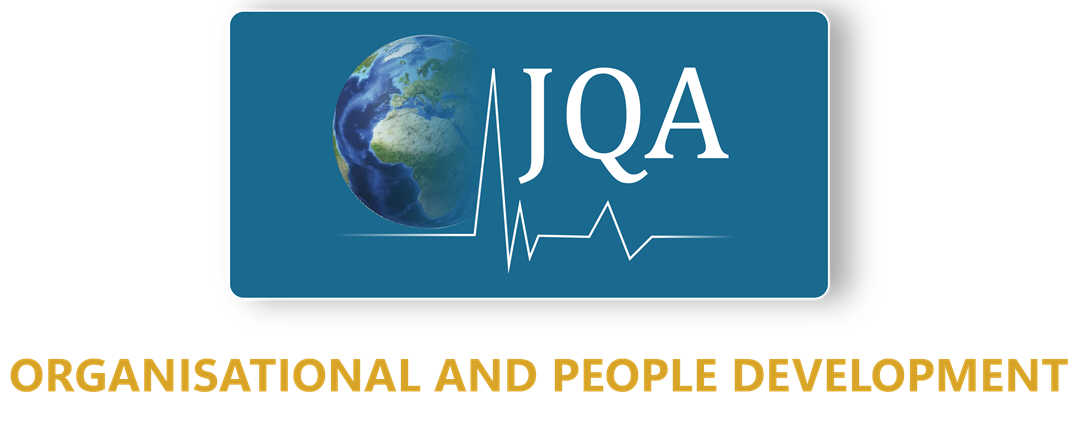
If you ask my husband about my relationship with ‘excellence’, he might laugh. At home, I am not remotely precious about DIY or gardening projects. ‘Good enough’ is often good enough. I am relaxed, pragmatic, and not the least bit bothered if the picture frames are not quite straight.
But even he knows: when it matters, I care deeply about getting it right.
And in our work at JQA, excellence is non-negotiable.
It is also one of our core values. As we approach our twenty-fifth anniversary, it is clear that this quiet but unwavering commitment to quality is what has earned us the trust of our clients.
At JQA, excellence does not mean being fussy or rigid. Nor does it mean perfectionism for its own sake. For us, it is about rigour, thoughtfulness, and precision, all in service of delivering something genuinely useful. Our assessments must offer insight, not just information. They are grounded in data, but shaped by expert judgment and a deep understanding of context.

We live this value in the way we operate every day. From the care we take to train our new associates in our specific tools and techniques (and these are, without exception, very experienced professionals already delivering to the highest standards), to the careful selection of evidence-based tools, to the QA process that every report goes through before it leaves our hands, our approach is built to uphold the highest standards. And we do not just talk about best practice, we keep refining it.
Our assessment methods are one of the clearest expressions of this commitment to excellence. Whether we are evaluating cognitive complexity, leadership potential, or derailment risks, we draw on research-backed models, real-world insight, and our own internal validity data to identify the level of work at which a leader is most likely to thrive. This is where their thinking matches the complexity of the role, where they are more energised, more effective, and better able to contribute. It is the state of flow, and helping leaders operate in that space is central to the value we aim to create. For our clients, this alignment translates into confident, evidence-based decisions about potential, succession, and leadership fit. It is a standard we hold ourselves to, not just because it works, but because it reflects the care, precision, and integrity we believe excellence demands.
Excellence at JQA also means knowing what not to do. We do not overinterpret a personality profile. We do not make assumptions without triangulating data. And we do not cut corners, even when time is tight.
Ultimately, excellence is about trust. Our clients trust us to help them make big, often sensitive decisions about people, roles, succession, and strategy. That trust is earned not only by the quality of our reports, but by the integrity, nuance, and care with which we deliver them.
It is also worth saying that excellence does not mean being inflexible. In fact, we work hard to balance consistency with pragmatism, adapting to different cultures, organisational contexts, and talent strategies, while staying true to our principles. That balance is something clients often comment on.
At home, I am married to someone who served in the Royal Navy, and he knows a thing or two about high standards. We are very different in how we apply them (and let us just say, he is far more particular about wall-mounted shelves). But we complement each other well. And he is the first to agree: when it matters, I am relentless about quality.





